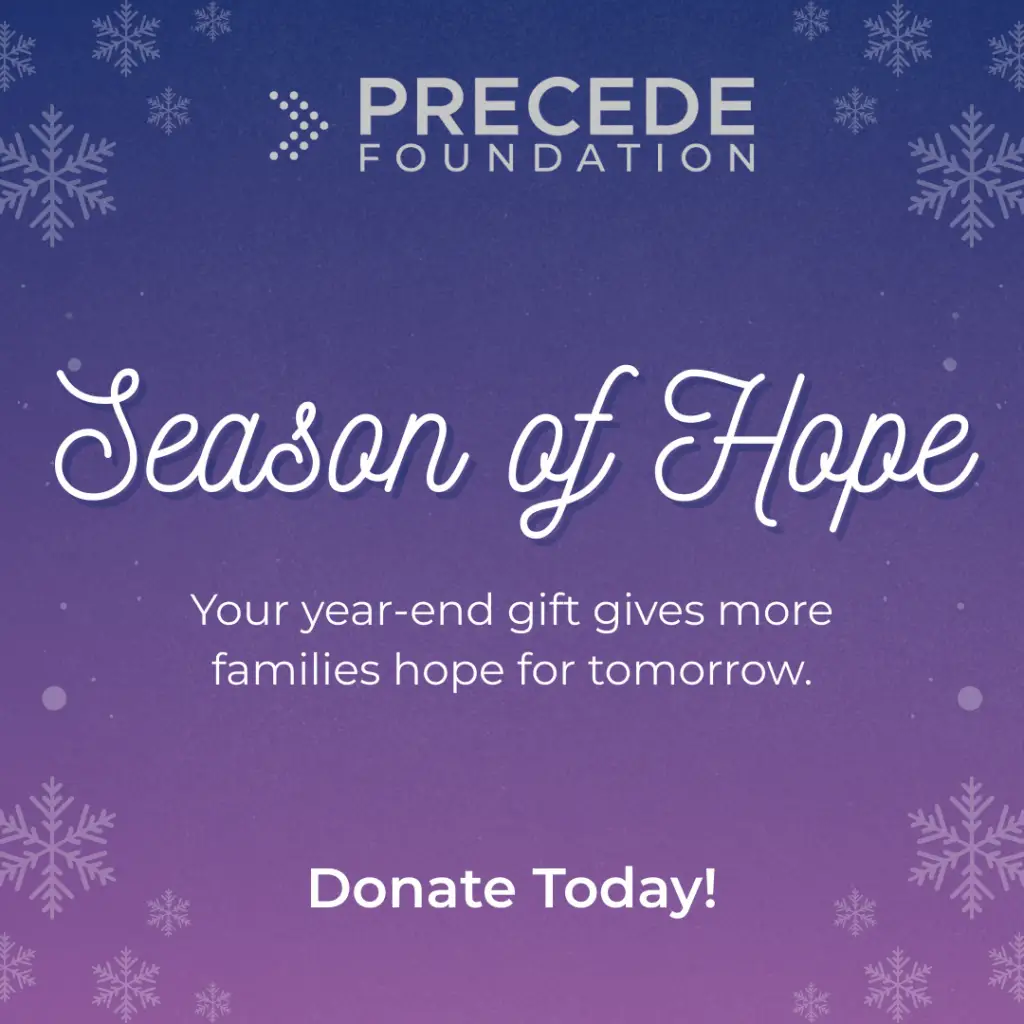Did you know the average lifetime risk of pancreatic cancer is about 1 in 64? And some controllable risk factors may increase your chance of a pancreatic cancer diagnosis including: tobacco use, obesity, diabetes, chronic pancreatitis, and exposure to certain workplace chemicals.
Remember that these risk factors can be changed, so it’s important to limit or eliminate as many of these as possible.
- Smoking – Smoking is one of the major pancreatic cancer risk factors. People who smoke are two (2) times more likely to develop pancreatic cancer compared to those who have never smoked before. About 20-35% of pancreatic cancers are caused by cigarette smoking.
- Alcohol – Having more than three drinks per day is associated with an increased risk of pancreatic cancer.
- Overweight – About 20% of obese people have an increased risk of developing pancreatic cancer. The risk is even higher in people who have been obese since childhood.
- Diet – High consumption of sugary drinks, fats, red and processed meats may increase the risk of developing pancreatic cancer.
- Diabetes – Diabetes can be an early symptom of pancreatic cancer. It is more common in people with type 2 diabetes. About a third of people over 65 have diabetes.
The following may also increase the risk of having pancreatic cancer.
- Age – Cancer is more common in older people because of their prolonged exposure to carcinogens. The risk of developing pancreatic cancer is greatest in people over the age of 60.
- Race (Ethnicity) – Pancreatic cancer risk factors may be affected by race or ethnicity. Pancreatic cancer is more common in African Americans than any other racial group in the United States. Ashkenazi Jewish people also have a higher rate of pancreatic cancer.
- Family History – People with a family history may have an increased risk of pancreatic cancer or Familial pancreatic cancer (FPC), if they have a first-degree relative (A parent, sibling or child) who has the disease. Only 10% of pancreatic cancers are considered hereditary.
- Certain genetic factors may increase the risk for pancreatic cancer, including:
- BRCA2 & BRCA1 Mutation – Both mutations increase the risk of breast, ovarian cancer, and pancreatic cancer.
- PALB2 Mutation – Women with a PALB2 mutation are at increased risk for several types of cancer including pancreatic.
- HNPCC (Hereditary Non Polyposic Colorectal Cancer) Lynch Syndrome – Lynch syndrome is the most common hereditary cancer. People who have Lynch syndrome may have a nine fold increase in the risk for pancreatic cancer.
- Peutz-Jeghers Syndrome (PJS) – It is a disorder in which polyps grow in the digestive tract. This condition can be developed in the small and large intestine, it can cause bleeding and blockages.
- Familial Atypical Multiple Mole Melanoma Syndrome (FAMMM) – It is characterized by multiple moles and a family history of melanoma.
At TrovaNOW, our mission is to raise funding for collaborative research for early detection and prevention of pancreatic cancer – with the aim of increasing the 5-year survival rate of pancreatic cancer from 12% to 50% within the next 10 years. We see big opportunities for making advances to pancreatic cancer survival rates.
- We are supporting a first-of-its-kind program for early detection and prevention of pancreatic cancer, known as the PRECEDE Consortium. This includes a research initiative to identify biomarkers of abnormal pancreatic cells so we can intervene before they become invasive cancer cells.
- We’re also focusing on people who have had multiple family members with pancreatic cancer or who have mutations linked to pancreatic cancer.
- The goal is to develop new treatment paradigms to markedly delay or prevent the formation of pancreatic cancer in high-risk individuals.
TrovaNOW proceeds go towards collaborative research on pancreatic cancers earlier detection, saving thousands of lives from the world’s deadliest cancer. Learn more at http://trovanow.com
If you have any questions or If you want more information about how to donate, just email us at trovanow@gmail.com






